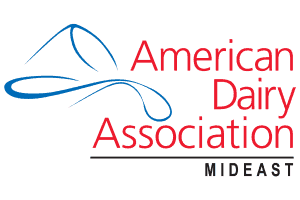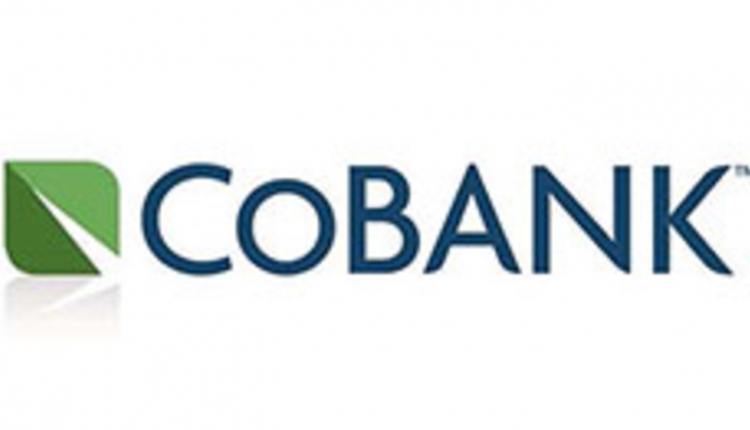The information below has been supplied by dairy marketers and other industry organizations. It has not been edited, verified or endorsed by Hoard's Dairyman.
You may have seen in the news that the Food and Drug Administration (FDA) recently issued draft guidance on the use of the term “milk” on the labeling of plant-based beverages and voluntary nutrient statements.
Dairy Management Inc. and the National Dairy Council are working closely with the National Milk Producers Federation, as well as other dairy organizations to respond. Locally, the American Dairy Association Mideast and the Ohio Dairy Producers Association are engaged in this issue in their respective areas of work.
Situation Summary
This draft guidance would allow plant-based alternatives to use the term “milk,” but when doing so, should include a statement on the packaging when the product does not contain the nine recognized nutrients in dairy milk: calcium, protein, vitamin A, vitamin D, magnesium, phosphorus, potassium, riboflavin and vitamin B12.
These nine nutrients in dairy milk are what the Dietary Guidelines for Americans considers a part of the Dairy Group. They also align with the nutritional standards set by the U.S. Department of Agriculture’s (USDA) Food and Nutrition Service for fluid milk substitutes served in the National School Lunch Program, School Breakfast Program and Child and Adult Care Food Program (USDA criteria).
Dairy's Engagement
NMPF issued a press release stating that this guidance is a step toward labeling integrity while acknowledging it falls short, calling for passage of the DAIRY PRIDE Act as a way to ensure FDA enforces its own standards of identity. ODPA has joined NMPF and other trade organizations to pursue US Congressional action to adopt the DAIRY PRIDE Act.
The International Dairy Foods Association also issued a statement challenging how FDA plans to enforce its draft guidance to ensure consumers have accurate information to compare the nutritional value of plant-based alternatives versus their traditional dairy milk counterparts.
DMI, NDC, the Milk Processor Education Program and ADA Mideast are sharing social media content throughout National Nutrition Month highlighting the nutritional benefits of milk and dairy foods, as well as engaging health and wellness media and thought leader audiences.
ADA Mideast has many resources to help educate others about dairy’s unique health attributes and the critical role milk and dairy foods play in healthy eating patterns.
We will continue to keep you informed about this important topic.




